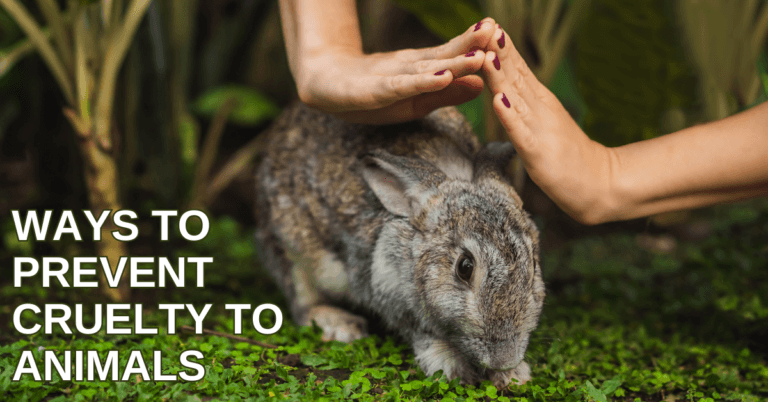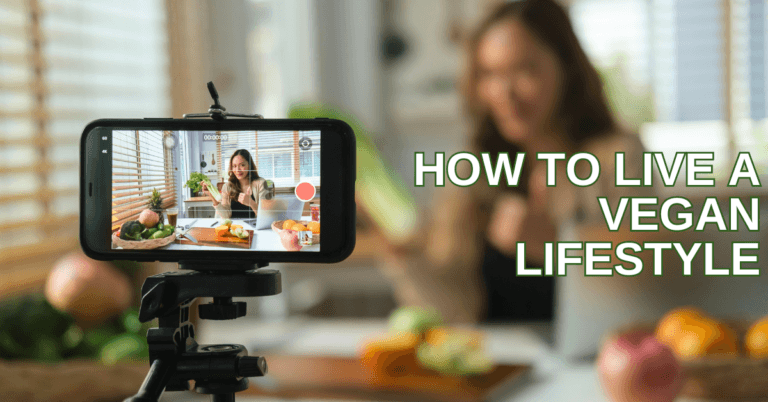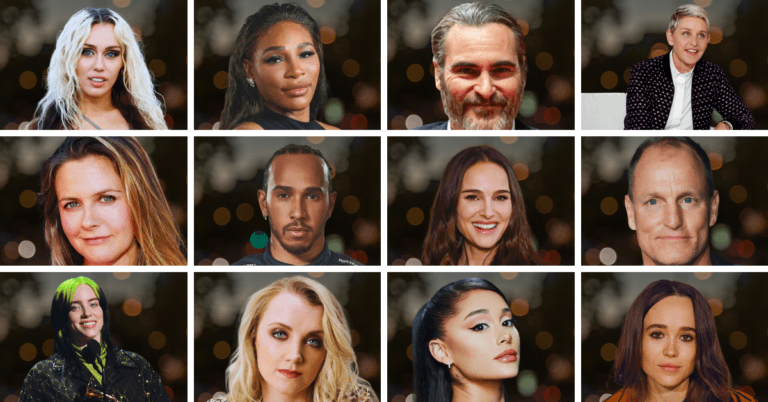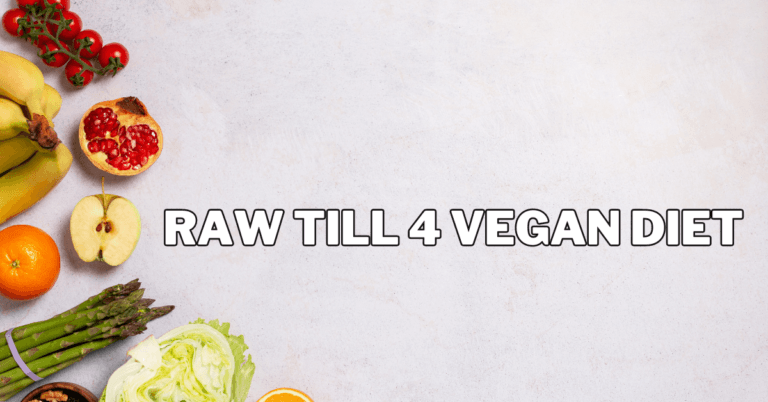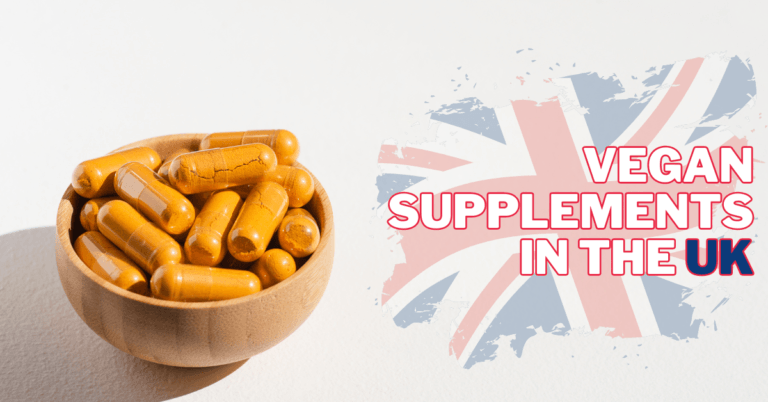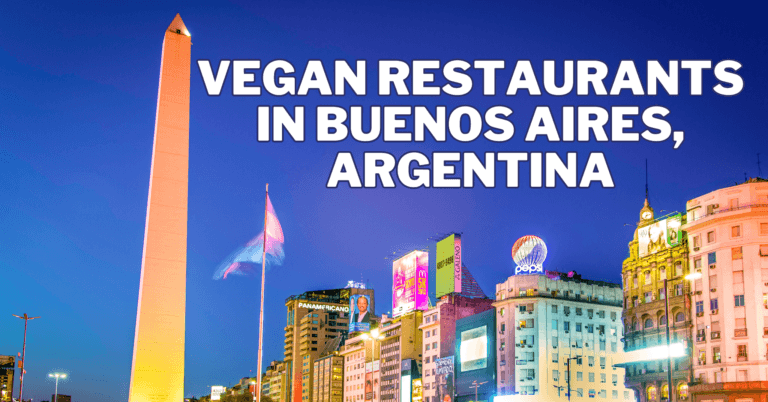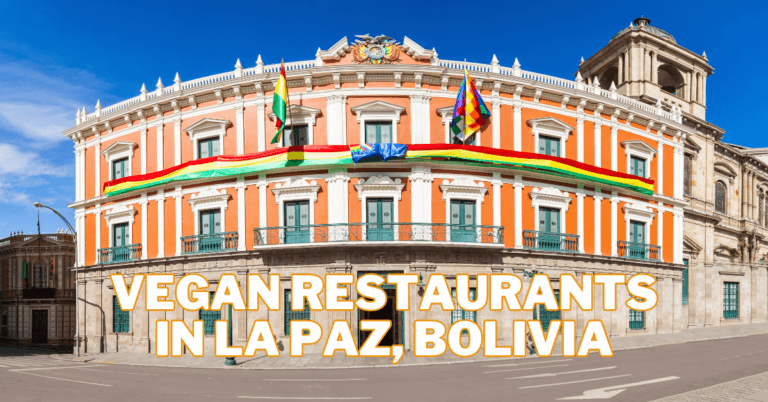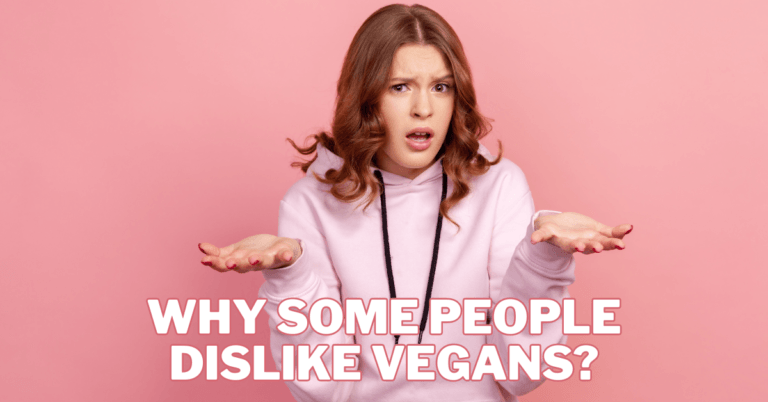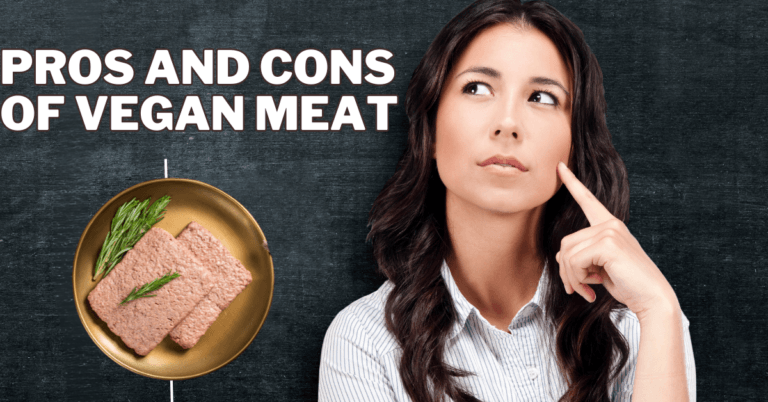Best Ways To Prevent Cruelty To Animals
Ways To Prevent Cruelty To Animals In a world where compassion towards animals is increasingly recognized as a cornerstone of ethical behaviour, preventing animal cruelty has become a vital societal concern. Animals, sentient beings who can feel pain and suffering, deserve our protection and respect. Implementing effective ways to prevent animal cruelty is essential in…

